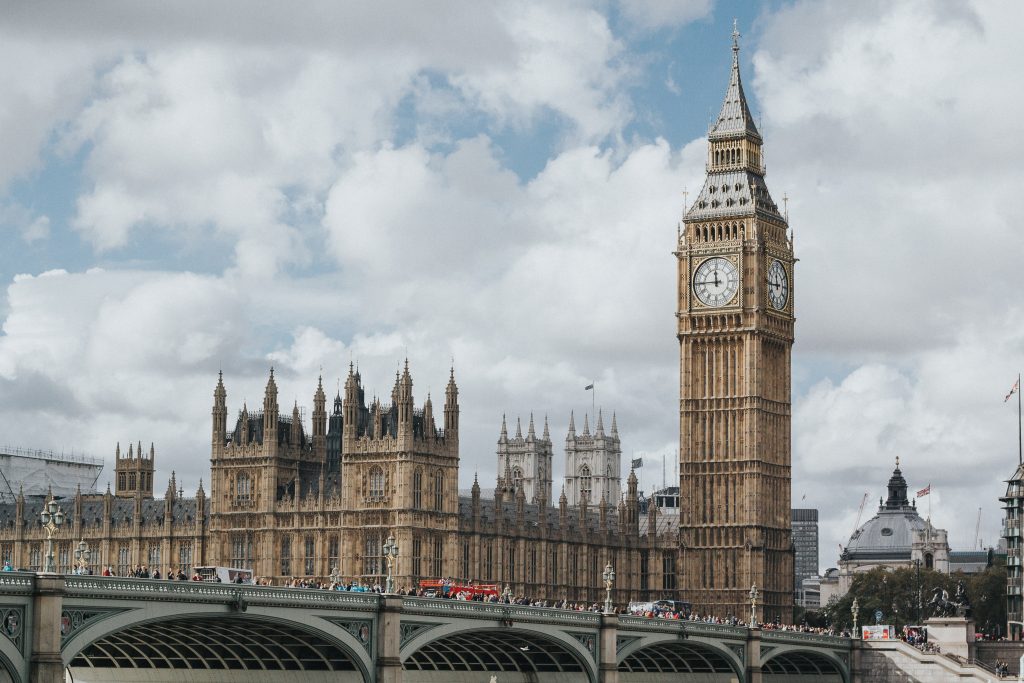
The Government recently announced plans to bring in Voter IDs again, with the Queen bringing up the bill in the 2021 Queen’s Speech. However, in 2019, there were only 595 cases of alleged electoral fraud investigated by the police with only 4 of these leading to conviction and 2 individuals being given a police caution. These statistics raise the question: why is this a problem that the Government feels the need to solve?
To put this into perspective, in the 2019 General Election, over 47,000,000 people voted and, according to the Electoral Commission, there were 164 alleged cases of voter fraud investigated, meaning that less than 0.0004% of the vote was investigated. (1) It would appear that this issue is not substantial enough to need a solution, especially as there is little evidence to suggest that electoral fraud is going unnoticed. The Government is trying to fix a problem that doesn’t exist, and it is highly likely that the introduction of voter IDs will cause issues for many people.
It is estimated that 3.5 million people in Britain do not have any form of photo ID, with many of these being young people, people from working class backgrounds, and people from minority ethnic groups. There is a direct link between the political party that is trying to bring in this bill and trends in the voting habits of those most likely to be affected. The only way to view this bill is as voter suppression. There is not enough substantial evidence to suggest that electoral fraud is a major issue when it comes to UK elections, and it is obvious that this bill is an attempt to deter those without photographic ID from fulfilling their democratic right.
Additionally, it is interesting to note that it has been suggested that this rule will only apply to first time voters, which will directly impact young people voting when they become old enough to do so. Looking at voting trends, it would appear that the majority of people under the age of 30 vote for the Labour party. The Conservative party are seemingly trying to gain a larger majority in elections by denying people of their right to vote.
The only way to combat this is to supply voter IDs to those without photographic ID, but this will also create more problems with questions surrounding cost and responsibility being at the forefront of many of the debates around this issue. Local councils are worried that this will fall onto their shoulders, when they are already understaffed and underfunded, with the COVID-19 pandemic causing a large amount of cuts. Notably, the mention of free voter IDs was absent from the Queen’s speech, when in 2019 it was explicitly stated that those without photographic ID could apply for a voter ID, free of charge. The uncertainty around the nature of this bill is causing the issue, because despite the fact that this may have worked in other countries, such as Northern Ireland, there is actually no need for this to be brought into force in the U.K.
Boris Johnson has consistently voted against ID cards when the proposition has been raised by the opposition, so why is he suddenly advocating them now? It would appear that as soon as something directly benefits him, he changes his mind.
Matt Hancock said in an interview that 6 cases of electoral fraud was ‘six too many.’ (2) @FreddieBailey96 on Twitter has summarised my thoughts on this issue perfectly:
If this Government could focus their time on real, important issues, instead of trying to solve problems that do not exist, then maybe they wouldn’t need to try and suppress voters to rig future elections.
Sources
